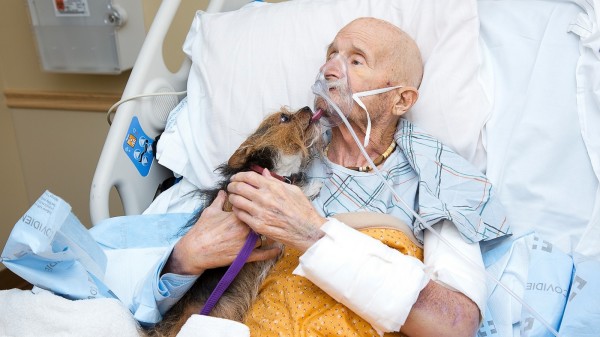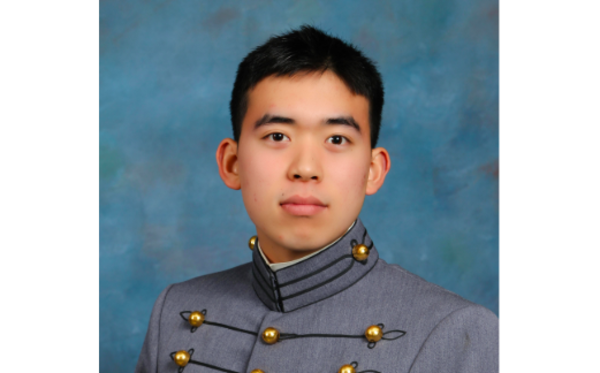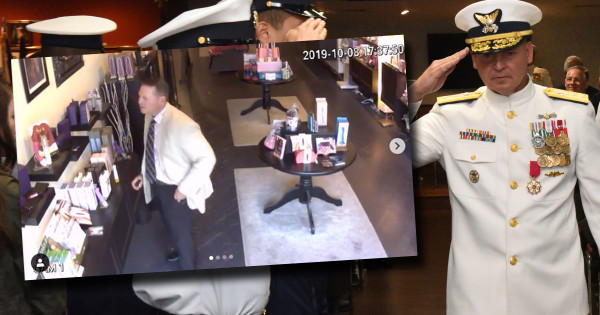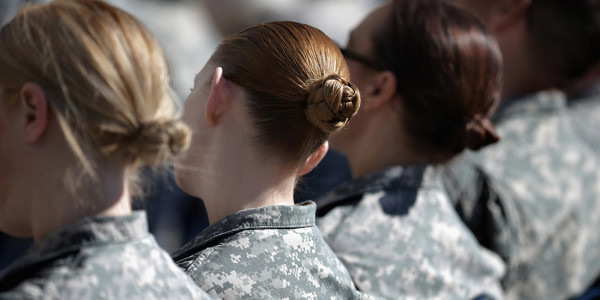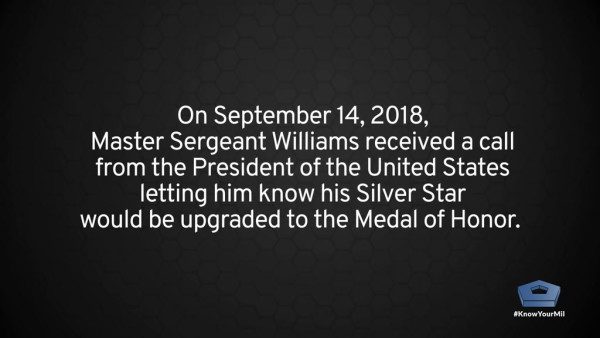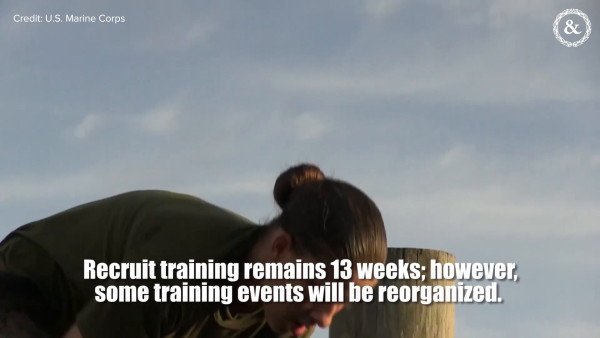A Marine Corps general has rejected a military judge’s recommendation to hold off on discharging an enlisted Marine so she could continue her mental health treatment. The decision to remove her from the service effectively discontinues the treatment others have said she desperately needs.
Maj. Gen. J.D. Alford, commander of the Marine Corps Training Command, decided on Monday that Cpl. Thae Ohu would receive a bad conduct discharge.
Ohu’s story is a complicated one and touches on a range of issues that the military is grappling with, from sexual assault, to mental health care, and how commanders respond to troops in a crisis. Experts say it is also a glaring example of the ways that the military justice system sometimes caves to the power wielded by individual commanders.
Ohu has a documented history of mental health issues, which worsened after she was allegedly raped by a sergeant in 2015, and culminated in an incident in which she threatened to kill her boyfriend in 2020. Alford’s decision accepts the military judge’s sentencing, according to Capt. Sam Stephenson, a Marine Corps spokesman, but rejects the judge’s recommendation that Ohu’s discharge be temporarily suspended for six months.
Earlier this year, Ohu pleaded guilty to several charges of assault, destruction of military property, and two counts of willfully disobeying a superior officer, according to Marine Corps Times. The charges stemmed from a 2020 incident in which Ohu threatened to kill her then-boyfriend, chasing him into his bedroom with two knives. He has since said he regrets calling the police that day, and that the incident was a result of her documented mental health issues which got worse after her alleged assault years prior.
Jason Moy, one of Ohu’s attorneys, said in May that Ohu is “broken, she needs help, she doesn’t need more punishment,” according to Marine Corps Times. He added that a bad conduct discharge would be “punishment for punishment’s sake.”
One of several types of “bad paper” discharges, a bad conduct discharge means that Ohu will be involuntarily separated from the service, at which point she will cease to receive benefits, such as medical and mental health care. Such a discharge will also bar her from receiving the full range of benefits through the Department of Veterans Affairs, which could make getting long-term mental health care, stemming from events that occurred during her service, more difficult.
The military judge’s recommendation appeared to take the above concerns into account. A post-trial action document, which explains the convening authority’s decision in Ohu’s case, says the judge recommended her bad conduct discharge be suspended for six months, and that she be discharged “administratively with a characterization that affords her proper medical benefits.” But Alford rejected that recommendation, deciding to move forward with the discharge immediately.
“The request to suspend the bad conduct discharge is denied,” the document says. Ohu’s case is now being reviewed by the Navy-Marine Corps Court of Criminal Appeals, according to Capt. Stephenson, and her discharge will not be complete until that review is finalized.

Don Christensen, president of the advocacy group Protect Our Defenders and former chief prosecutor of the Air Force, said the commander’s decision to reject the judge’s recommendation spotlights “one of the many weaknesses of the military justice system.”
“In most civilian systems, a court has the ability to suspend a sentence,” he explained. “But in a military justice system, all a judge can do is recommend to a commander that he or she does it, and allow that commander to substitute their judgement for that of the judge who actually heard the case.”
Ohu’s history of mental health goes back to before she joined the Marine Corps, according to a detailed account of her story published in The War Horse. Born in a Burmese refugee camp, Ohu and her family lived in poverty for several years before moving to the U.S. She was later molested as a child by a friend of her family’s and “bounced between foster homes and inpatient psychiatric facilities.” Her sister told The War Horse that Ohu “went through some pretty horrific things.”
When she decided to join the Marine Corps, her recruiter “told her to stay off her medications for a year to qualify her for duty,” according to The War Horse. She began having more mental health challenges in 2014 after arriving at her first duty station, Camp Butler in Okinawa, Japan. She started going to therapy and reportedly told the counselor she saw that was “struggling with traumatic childhood memories.”
The counselor recommended to two senior Marines in Okinawa that Ohu be medically separated from the service. One of those Marines, Sgt. Maj. Jerry Bates, told The War Horse that the counselor called Ohu “an accident waiting to happen.” Bates disagreed, saying Ohu “just wanted to talk to someone,” and after doing so she appeared to be a “squared-away Marine” who was later promoted and awarded for good conduct.
Things got worse after she was allegedly assaulted in August 2015 during a barracks party with other Marines in Okinawa. According to The War Horse, after passing out hours into the party, Ohu was carried back to another Marine’s room by several other Marines; when she woke up later that night, she said her supervisor, a sergeant, was removing her clothes and began raping her.
“I am getting raped and I can’t believe it’s him,” Ohu wrote in her notebook after the incident, according to the War Horse.
She didn’t immediately report the assault because she was expected to transfer to a new duty station within four months, The War Horse reported, so she “continued to report directly to the man she said raped her.” But in December 2015, Ohu transferred to Marine Corps Detachment Dam Neck in Virginia, which is part of Marine Corps Intelligence Schools, and “excelled at her job.”
Her family has since said that the assault resulted in Ohu developing severe post-traumatic stress disorder, according to The Virginian-Pilot. It’s not uncommon for service members who are sexually assaulted to develop PTSD; in fact, a 2019 report from the Pentagon Inspector General said it was more likely for men or women who are raped to develop PTSD than it is for those who deploy in combat.
By May 2019, Ohu “recognized she was in a crisis,” The War Horse reported, and enrolled in mental health care. Her command reportedly found out about her seeking care and began harassing her about her appointments, which only further impacted her deteriorating mental health.
According to The War Horse, Ohu was prescribed a variety of medications to treat depression, anxiety, and seizures but found a lack of support in her leaders; in one instance after asking one of her leaders to stick up for her, he reportedly agreed “but only in exchange for sexual favors.”
Her declining mental health was extensively recorded in performance evaluations, notes from her doctors, and her medical retirement application. At one point she admitted herself to the mental health ward of the Naval Medical Center Portsmouth. Her boyfriend at the time, another noncommissioned officer named Michael Hinesley, later said Ohu told him while she was admitted that “she was losing control more and more each day and did not know what to do.”
On April 1, 2020, Ohu was recommended for medical retirement by a board of senior military physicians due to her documented mental illness, according to The War Horse. Days later, on April 5, Hinesley broke up with Ohu, saying he felt it was “the healthiest option.” He asked her to leave the home they shared, The War Horse reported, which she did. She later returned, however, and after grabbing two large knives and threatening to kill him, chased him to his bedroom where he shut the door and called the police.
Hinesley later said that Ohu told him she believed she was attacking the sergeant accused of raping her years prior, and was “desperate for forgiveness.”
Nevertheless, Ohu was charged with attempted murder, burglary, communicating a threat, and aggravated assault on an intimate partner.
As The War Horse reported, “Each time she asked for help, she was left on her own to spin further out of control until a breakup led to violence — and, ultimately, charges including attempted murder. Ohu was criminally charged, but those around her say she was simply a vulnerable young woman in desperate need of mental health care.”
Hinesley said he regrets making the call to police the day Ohu threatened him, Marine Corps Times reported, saying she “is a victim too and I was just a symptom to an even greater problem in the Marine Corps and Department of the Navy.”
“I can’t begin to tell you about the nightmares of regret that I would face if this court places a conviction on Cpl. Ohu,” he said.
In May this year, Ohu agreed to a plea deal in which she pleaded guilty to several charges of assault, destruction of military property, and two counts of willfully disobeying a superior officer, according to Marine Corps Times. The attempted murder charges were dropped as part of the deal.

While Ohu was sentenced to 328 days in the brig — which she’d already served awaiting trial — a reduction to E-1, and a bad conduct discharge, the military judge recommended the discharge be suspended for a probationary period of six months.
Don Christensen said that in instances of suspension, the conditions are typically set by the convening authority; Maj. Gen. Alford, in this case.
“He could have set out conditions such as you will continue receiving mental health treatment, you will not commit any offenses under the [Uniform Code of Military Justice], and if you meet those conditions then I will disapprove the punitive discharge,” Christensen explained. “That still would have left open the option of administratively discharging her, but an administrative discharge doesn’t carry the same stigma as a punitive discharge, and doesn’t have the same likelihood of terminating VA benefits.”
But that isn’t what happened. Alford moved forward with a punitive discharge, saying in a memo to the Department of Veterans Affairs on Monday that an “important aspect of accountability for Corporal Ohu will be fulfilled by her discharge from the Marine Corps.”
Alford acknowledged the position Ohu would be in after being discharged, writing in the Monday memo that Ohu is “in continued need of mental disorder treatment” and that he “fully” supports the VA continuing to provide care to Ohu.
According to the VA, for service members who receive a discharge not characterized as honorable, benefits “are not payable unless VA determines the discharge was ‘under conditions other than dishonorable.’” In other words, for Ohu to receive VA benefits, she will need to file an appeal to have her discharge reviewed, and if that happens, she would then be able to enroll.
Lory Manning, a retired Navy captain and the director of government affairs for the Service Women’s Action Network, said if Alford really believes she deserves VA benefits, he should reverse his decision.
“She needs help now,” Manning said. “Not after it goes through a VA appeals process … Even if the VA someday does grant that, it’s not going to be quick.”
But it’s likely she’ll be approved for continued care, according to Kristofer Goldsmith, an Army veteran of the Iraq War and the founder and president of High Ground Veterans Advocacy.
Thousands of people a year receive bad paper discharges, Goldsmith said, and they typically go through the process “without any assistance.” And under typical circumstances, Ohu would “be extremely unlikely to be approved” for mental health benefits, but he expects the letter from Alford recommending she continue receiving care will “absolutely” make a difference.
Nevertheless, the decision in Ohu’s case comes at a time when advocates, Congress, and even the Pentagon are re-evaluating the authorities commanders should have in different situations. An independent commission put together by the Pentagon recently recommended that prosecution authority be taken away from commanders in cases of sexual assault, harassment, and domestic violence. And in Congress, lawmakers are continuing to discuss legislation that would remove commander authority in even more serious criminal cases.
Alford’s decision also shines light on a problem that Goldsmith said is all too common in the Marine Corps and the Army specifically, one of issuing bad paper discharges for actions that are the result of issues left untreated. In Ohu’s case, her history of mental health challenges culminated in the 2020 incident she was ultimately charged for.
“It happens to tens if not hundreds of thousands of service members, who’ve either gone to war or experienced military sexual trauma, have post-traumatic stress disorder, and act out as a result of their traumatic experiences,” he said. “And then rather than being treated like a patient, they’re treated like criminals.”
To him, it says the Defense Department still has a ways to go in really addressing mental health among its service members. It says the officer corps “is often putting their own careers and their own convenience ahead of the good of those that they’re charged with taking care of.”
To Manning, Alford’s decision to deny the recommended suspension says the Marine Corps is “totally ignoring” the part they played in what happened to Ohu, who she said had a “very troubled history” which Marine Corps leadership “ignored for years.”
“The Marines need to own their part of what went wrong here,” Manning said. “To me, it says failure of leadership.”
More great stories on Task & Purpose
- The Navy SEAL who shot Bin Laden in the face wants you to invest in a beer company
- This is what it looks like when a paratrooper crashes through your roof
- There’s no other way to say it: The US withdrawal from Afghanistan is a giant clusterf–k
- What’s really going on in that viral video of an airman smashing a car window
- How a sergeant major’s face became a tattoo on a soldier’s leg
- Meet the airman who got a surprise promotion from the Air Force’s top enlisted leader



